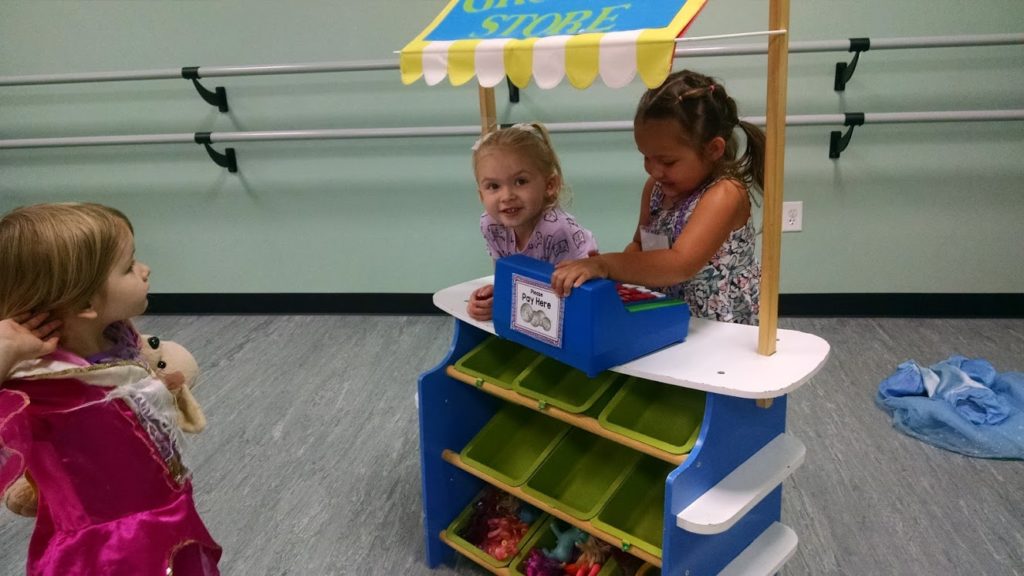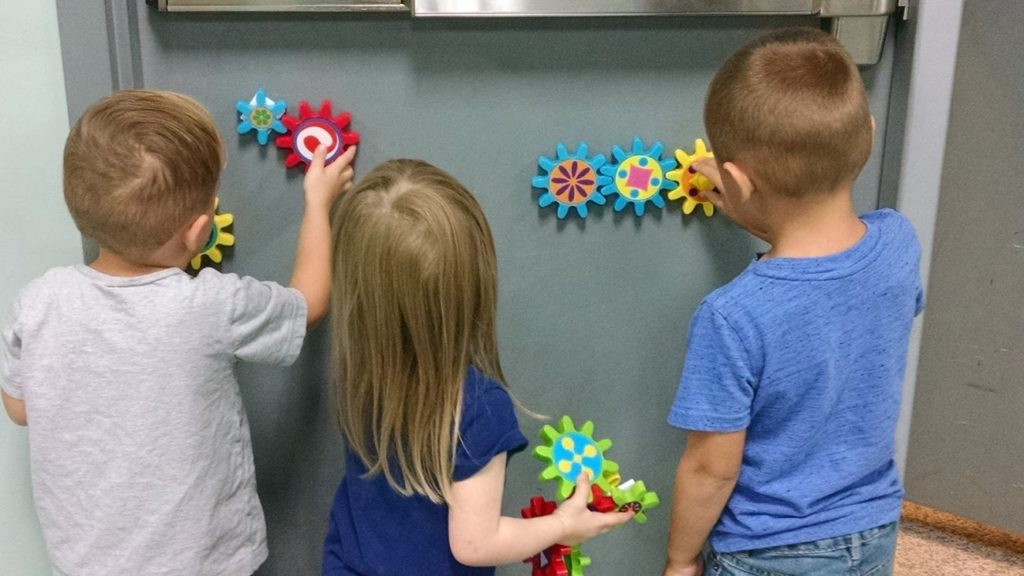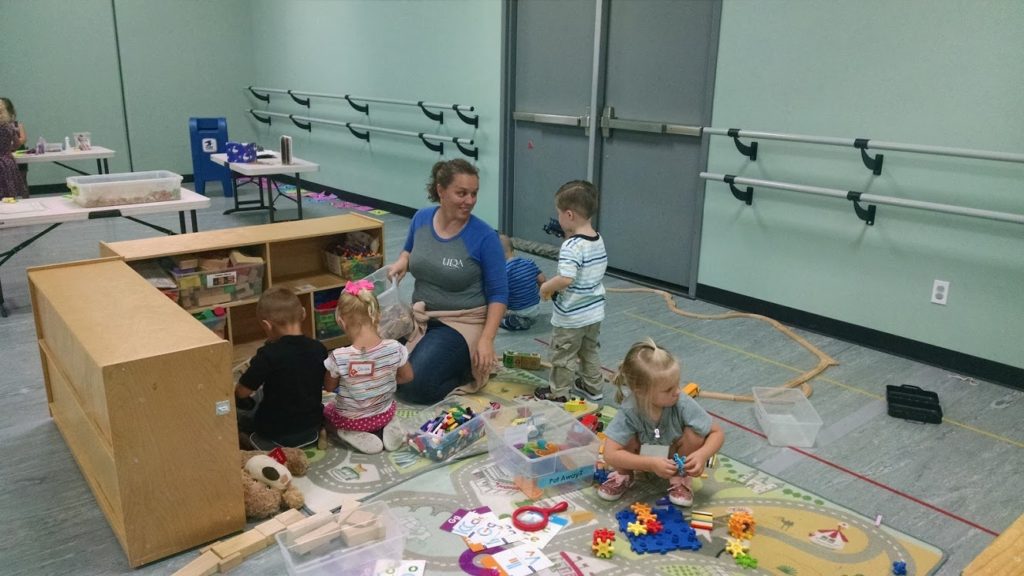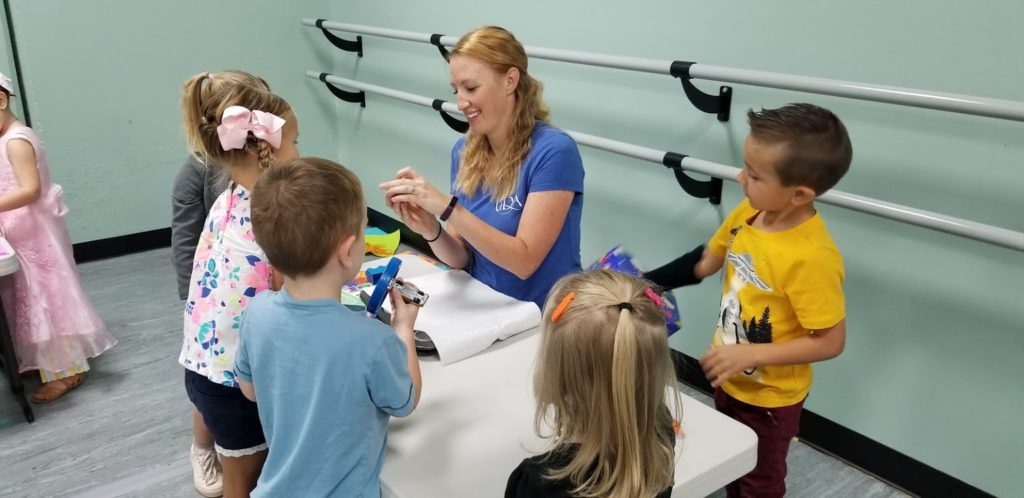You’ve been tracking your child’s milestones since your baby was in utero — Is his growth on track? Is she kicking enough? Once your baby was born, you absorbed the milestone charts — Is he babbling on time? Walking on time? Interacting enough?
It’s been a few years of worry and observation, and you probably know by now that you’ll never stop wondering if your child is on track.
Now that your child is in preschool, you’re thinking about independence. Should I push her to do this on her own, or do it for her? What should my child even be able to do on his own at this point?
Your ultimate goal is that your child grows into a fully functioning adult. But what does that mean at 2, 3, or 4? What like skills should your preschooler know by now?
Every child develops on their own timetable, and you shouldn’t expect your child to be ready for each life skill right this second. But read on for some life skills you can aim for in the next year or two.
Personal Hygiene
Clean clothes: Check
Teeth brushed: Check
Bath taken: Check
And on and on. There’s a lot we have to do to maintain our personal hygiene, and preschool is a perfect time to let your child gradually take over these tasks.
First, make sure you’ve explained why these tasks are important. This doesn’t need to happen as a lecture; just give simple explanations as you go about your day: “We change our underwear every day to keep our bodies clean.” “We brush our teeth so our teeth can be healthy and clean.” “We wash our hands so we can keep germs away.”
Let your 2-year-old put the soap on her hands at the sink (while you supervise). Your 3-year-old may be able to wash his body in the bath (again, while your supervise). Let your 4-year-old keep track of how many baths she’s taken each week. Have her change her own clothes if she can… you get the idea. As your child grows, gradually hand over more control of hygiene. Expect it, and praise it.
2. Decision-Making Skills
We all need to learn how to make good decisions, and this is something you can begin teaching at a very young age. With your youngest preschooler, frequently offer two choices: Peanut butter sandwich or ham sandwich? Walk to bed or skip to bed?
As your preschooler gets older, walk him through bigger decisions. For example, if he tells you a friend at preschool told him he doesn’t want to be friends anymore, don’t give him the solution right away. Ask him how he feels, and ask if he has any ideas for making the friendship better. He may need suggestions as he goes, but let him work it out on his own as much as possible.
3. Time-Management Skills
You can get your preschooler on the path to great time-management skills by managing your own time well. Set up a structured schedule that helps your preschooler know what’s coming next. For example, after breakfast, it’s time to get dressed. After we get dressed, it’s time to brush teeth. And so on.
As your preschooler gets older, hand over the reins. Give her a chart to follow or show her how to use an egg timer. Let her know what she needs to have done before it’s time to go, and ask her what order she thinks she should do those items.
4. Cleaning Up
You can teach your child to clean up after himself from a very young age. Set the expectation that when you pull something out to play, you must put it back when you’re done. Preschoolers are very good at cleaning up, and praise goes a long way.
By 3 and 4, your preschooler should be able to do simple chores — sweeping, putting away child-proof dishes in lower cabinets, tidying her room, making the bed, etc. Don’t expect any of this to be done to perfection. Your child will get better as she goes. The point is to be consistent now so that your child learns these life skills over time.
5. Getting Dressed
Your child needs to be able to pull down his or her own pants to use the restroom. Start with this skill at a young age, without pressure to use the potty. As your child masters this skill, add the skill of pulling up his or her own pants.
Continue adding dressing skills — pajamas are generally looser clothing and are easier to put on and take off. Have your child get into or out of his pajamas all on his own. By 4, your child should be close to or able to get dressed and undressed on his own. Again, be patient, and look for progress — not perfection.
6. Money Skills
It’s not too early to help your child earn money, save money, and even comparison shop. This can be as simple or as complicated as you want. Point out the differences in prices at the grocery store and ask your child to help you make the best choice. Create an allowance system, and teach your child to save some, share some, and spend some. Discuss the things you are saving for, and ask your child to help you make good decisions to stay on track.
7. Talking to Adults
Speaking to cashiers, servers, police officers, teachers, and more is an important life skill. You can have your child pay for small items at the grocery store, order his own meal at a restaurant, and say hello to a firefighter or police officer. You can walk your child to the neighbor’s house and prompt your child to ask to borrow a cup of sugar. Give your child the language to use, including pleases and thank yous, and this will help your child feel confident in asking for what he needs.
At UDA Creative Arts Preschool, we aim to help children do what they can for themselves. We are always impressed at how they step up to do independent work and manage life skills when we give them the opportunity. Come see how we do this. Give us a call at 801-523-5930, or visit us online to set up a tour.




